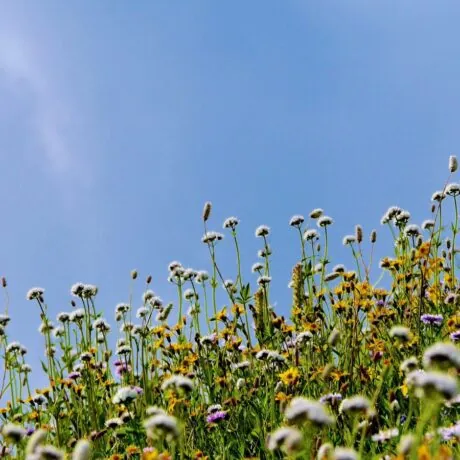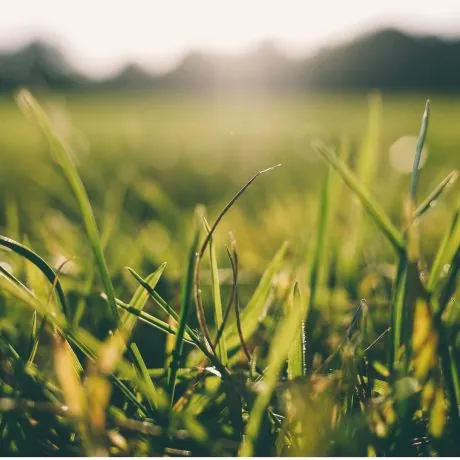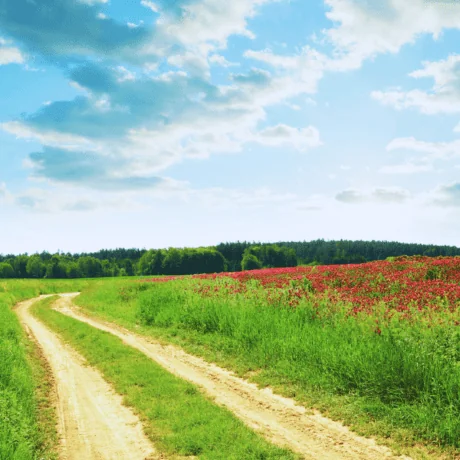The Sustainable Farming Incentive: What’s Been Agreed For 2022
Charles Garrard
Jan, 13 2022The Sustainable Farming Incentive (SFI) will be open for applications from farmers next year, after details of the first two soil standards and an annual animal health and welfare review were confirmed by Defra. Charles Garrard explains what you need to know:
So what can I expect from SFI?
Based on what’s been learned from a pilot version of the scheme involving almost 1000 farmers, the first SFI standards will be available to any farmer in England who is currently eligible for the Basic Payment Scheme and are worth up to £40/ha.
Importantly, the SFI is starting with smaller offerings to a wider target audience, by focussing on soil heath at an introductory or intermediate level, but it will eventually consist of eight or nine standards with three different levels of ambition – introductory, intermediate and advanced. As the new soil standards can be layered on top of existing environmental measures, Defra recognises that there will be some overlaps where the same parcel of land is involved and has made allowances.
Defra has set itself a target of having 70% of farmers in the scheme by 2028, the first standards have been chosen because they fit around Countryside Stewardship and because all farmers should be able to do them.
Can I have an SFI where I have a CSS agreement?
A key point for 2022 is that farmers who already have an existing agri-environment scheme agreement can take part in the SFI. However, it is important to recognise that farmers won’t be paid twice for doing the same thing, choosing options will be about complementing rather than duplicating existing schemes.
What can I do to prepare my business now?
Many farmers and growers are already starting to make changes to their production systems, most of which will have costs associated. It is, therefore, encouraging to see that there will be some financial help and flexibility around how to introduce them to reach the desired outcome.
How long will agreements last?
SFI agreements will last for three years, rather than five, and farmers will be allowed to amend them every twelve months, adding in extra land parcels or increasing their ambition levels. The main advantage of this is, as additional standards become available, they can be included in an existing three-year scheme, rather than having to see out the full term of the agreement before making changes. It will also give early adopters of the scheme confidence that they will not be penalised for doing so, and give them greater control of their agreements.
Flexibility on the number of fields entered and the ability to apply different ambition levels to different land parcels are further plus points, as is the introduction of quarterly payments.
How do the options look in practice?
The two soil standards unveiled at the beginning of December – with a third, advanced soil standard due to be added in 2023 – cover arable and horticultural soils, improved grassland soils and moorland/rough grazing. In addition, livestock farmers will receive funding for an annual vet visit to review health and welfare.
Arable and Horticultural Soils
- Available at either an introductory level of £22/ha or an intermediate level of £40/ha for 2022
- For both levels, farmers will have to test for soils organic matter, develop a soil management plan and ensure winter cover is in place on at least 70% of the land entered (including autumn sown crops and weedy stubbles). They will also need to apply organic matter to one third of the area entered into the standard.
- At the intermediate level, a sown green cover crop must be in place over the winter on 20% of the land entered.
Grassland Soils
- Available at either an introductory level of £28/ha or an intermediate level of £40/ha
- For both levels, farmers will need to test for soil organic matter, develop a soil management plan and have at least 95% green cover over the winter.
- At the intermediate level, herbal leys have to established and maintained on 15% of the land entered into the standard.
Moorland and Rough Grazing
- Available at an introductory level of £148/agreement per year, plus an additional £6.45/ha.
- Farmers will have to assess their moorland by looking at soil types, peat depth and associated vegetation.
Any disappointments?
It does seem that Defra has listened to feedback and made the SFI more accessible and less prescriptive than previous schemes. The only slightly disappointing point was not to see the Advanced Soil Standard available for the first agreements, as it was quote poplar in many of the pilot schemes we dealt with.
If the SFI doesn’t appeal, Countryside Stewardship is still available and applications can be made up until 2023, before it is replaced.
Some of the first Mid-Tier Countryside Stewardship Schemes went live in 2016, the scheme is more rigid and prescriptive than SFI, but it can meet a host of environmental goals, whist providing a more than reasonable financial return, if well-constructed. It’s a scheme that may suit some more than others. It’s about finding the right solution for your farm. If you are in any doubt, seek independent advice.






